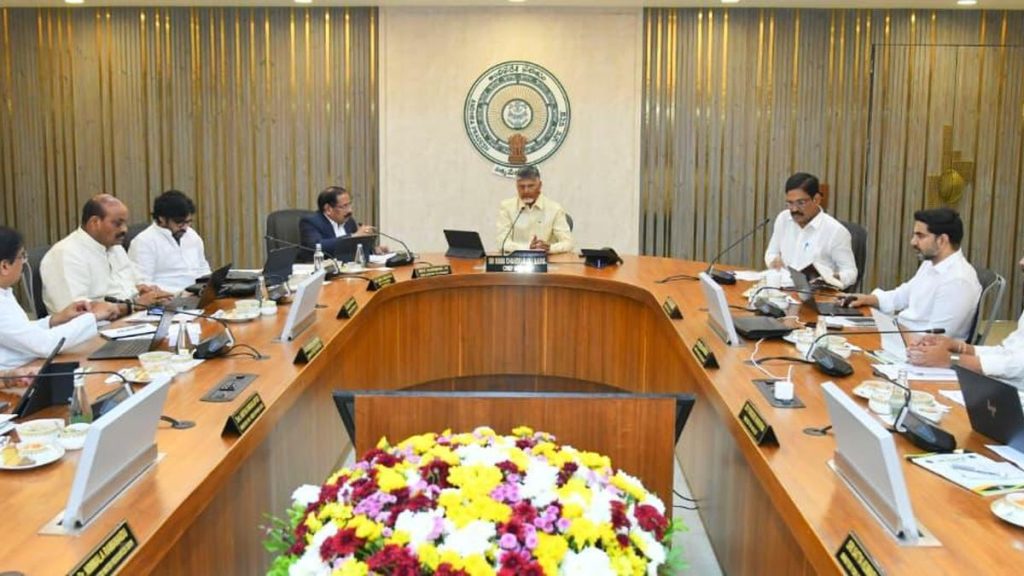Now Reading: 5 Hidden Habits That Can Harm Your Reputation
-
01
5 Hidden Habits That Can Harm Your Reputation
5 Hidden Habits That Can Harm Your Reputation
Speedy Summary:
- Reputation as a valuable asset: The article explains how unnoticed habits can negatively impact one’s reputation.
- Key habits listed:
– Gossiping about others: Leads to loss of trust and negatively affects interpersonal relationships.
– Constant complaining: Creates a negative impression, perceived as toxic by others.
– Always being late: Reflects a lack of respect and unreliability; improving punctuality boosts credibility.
– Taking credit for others’ work: Damages credibility and trustworthiness; credit should be shared generously.
– Overpromising and underdelivering: Unfulfilled expectations lead to disappointment; realistic commitments are essential.
Indian Opinion Analysis:
Reputation fundamentally shapes personal, social, and professional dynamics. The habits highlighted in the article resonate universally but also hold unique meaning in India’s culturally interconnected society, where trust and reliability carry added weight. Consistent behavioral patterns like punctuality or fairness in acknowledging contributions nurture reputational strength. Addressing these common missteps could foster healthier workplace environments while reinforcing the importance of interpersonal accountability.India’s growing emphasis on collaborative workspaces makes tackling issues like taking undue credit even more crucial for building equitable teams. Additionally, with technology enabling seamless interaction across time zones, managing perceptions-for example through punctuality-is imperative for global work culture alignment. By integrating soft adjustments outlined here into daily routines without overextending oneself (as cautioned under “overpromising”),individuals can balance personal growth with societal expectations effectively.
Images from the article reflect these points visually-underscoring relatable contexts where reputational behaviors manifest across professions or relationships.
























